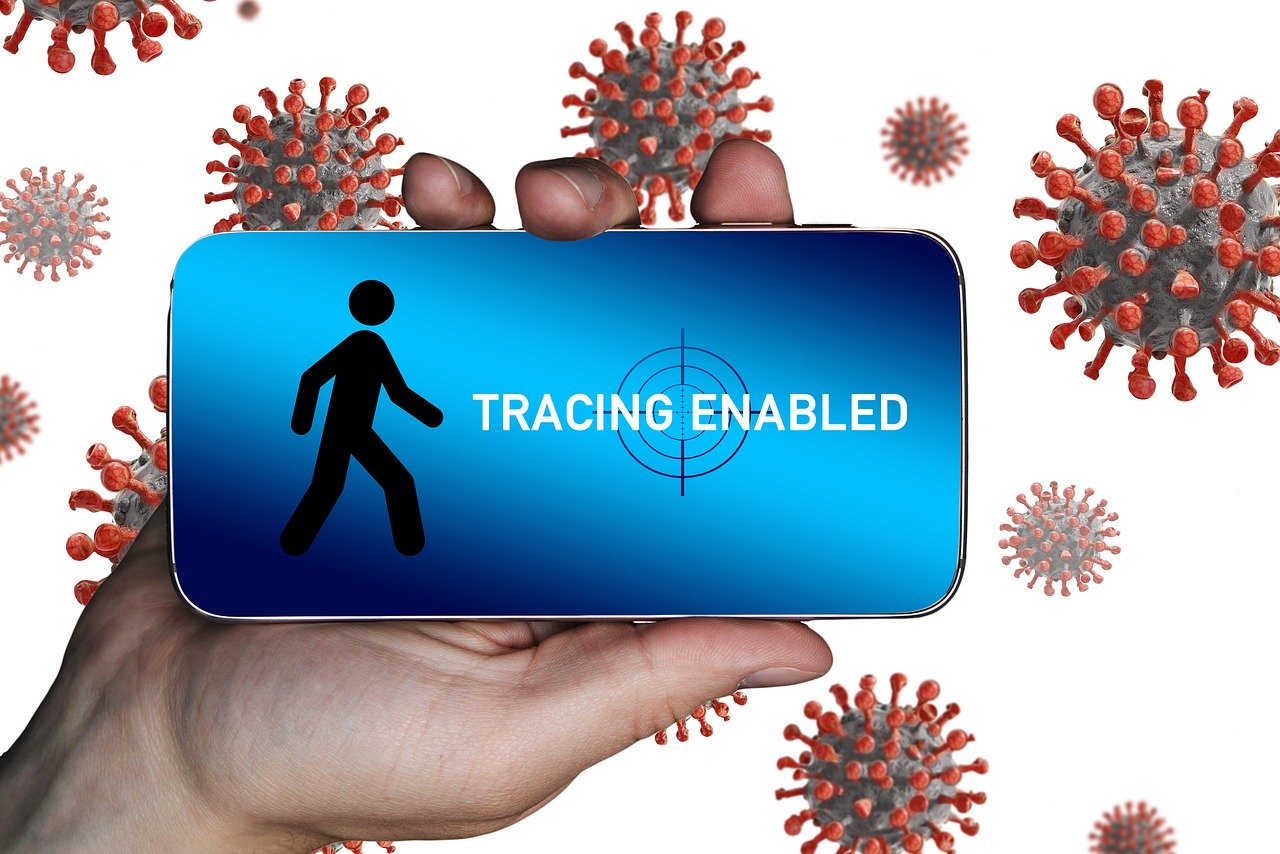
A test version of the National Health Service (NHS) coronavirus contact-tracing app is now available for downloading from Apple and Google's app stores by people on the Isle of Wight.
The NHS will invite council staff and healthcare workers on the Isle of Wight to download and install a test version of its coronavirus contact-tracing app, prior to a wider roll-out on the island on Thursday.
Centralized approach and concerns
According to project chiefs, their so-called "centralized" approach gives them advantages over a rival scheme advocated by the US tech giants and some privacy experts.
However, several concerns have been raised surrounding this approach. The Information Commissioner's Office suggested that "as a general rule, a decentralized approach" would better follow its principle that organizations should minimize personal data collection.
The House of Commons' Human Rights Select Committee also raised fears about plans to extend the app to record location data.
Law professor Orla Lynskey pointed out: "There is an inherent risk that if you create a system that can be added to incrementally, you could do so in a way that is very privacy invasive."
NHSX, the digital innovation unit of NHS, responded by emphasizing that the use of the app will be voluntary, the only personal data stored by the app at the start will be the first part of the user's postcode, and additional location data will only be recorded if users agree to a further opt-in request.
Health Secretary Matt Hancock called on Isle of Wight residents: "Please download the app to protect the NHS and save lives. By downloading the app, you're protecting your own health, you're protecting the health of your loved ones, and the health of the community."
The App
The NHS Covid-19 app will be used to supplement the existing medical tests and contact-tracing interviews as part of an effort to prevent a resurgence of the virus when lockdown measures are eased.
The app functions by using Bluetooth signals to detect when two people's smartphones are close to each other and when a person later registers themselves as infected, it will send out an alert to people it deemed to be at high risk of infection.
The test run on the Isle of Wright will help NHSX determine the effectiveness of the system as well as the willingness of a population is to install and use the software.
In April, the University of Oxford’s Big Data Institute modeled a city of one million to simulate the impact of the app.
The model examines different age groups, household structures and movement patterns to try to maximize the number of people who could be allowed to freely move about once a contact-tracing app has been launched.
Professor Christophe Fraser said: “We’re looking at introducing the app towards the end of lockdown. When you install it, it needs a few days to start recording data before it can be fully functional.”
According to the team, around 56% of the general population must use the app in order to stop the outbreak, which according to Prof. Fraser equates to 80% of all existing smartphone owners, based on data from Ofcom.
He admitted: “That’s a very ambitious target. It’s not something that would typically happen for a new app – even an incredibly popular one – but if we can explain that this is a public health intervention, that will be new and different.”






